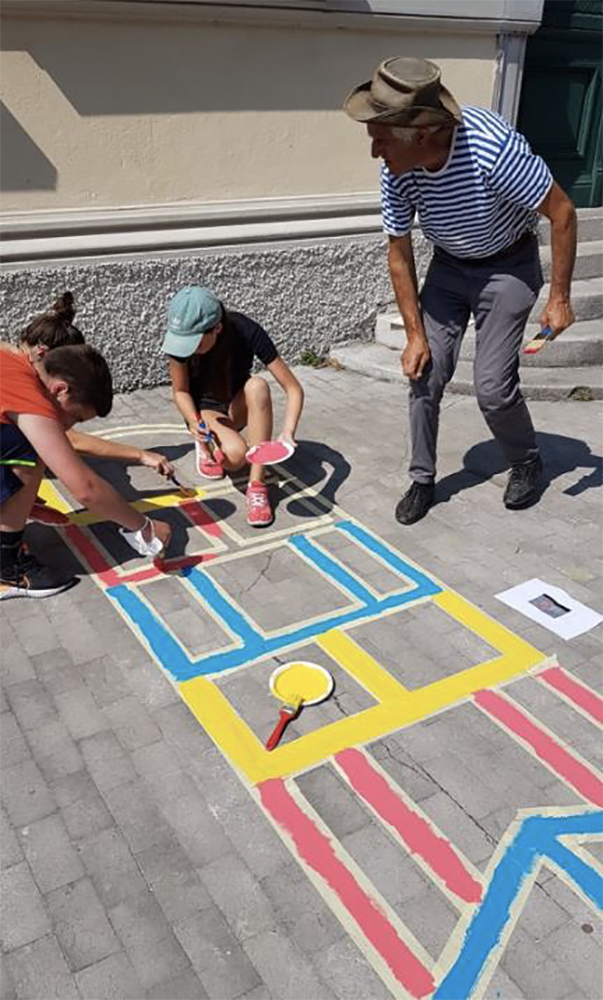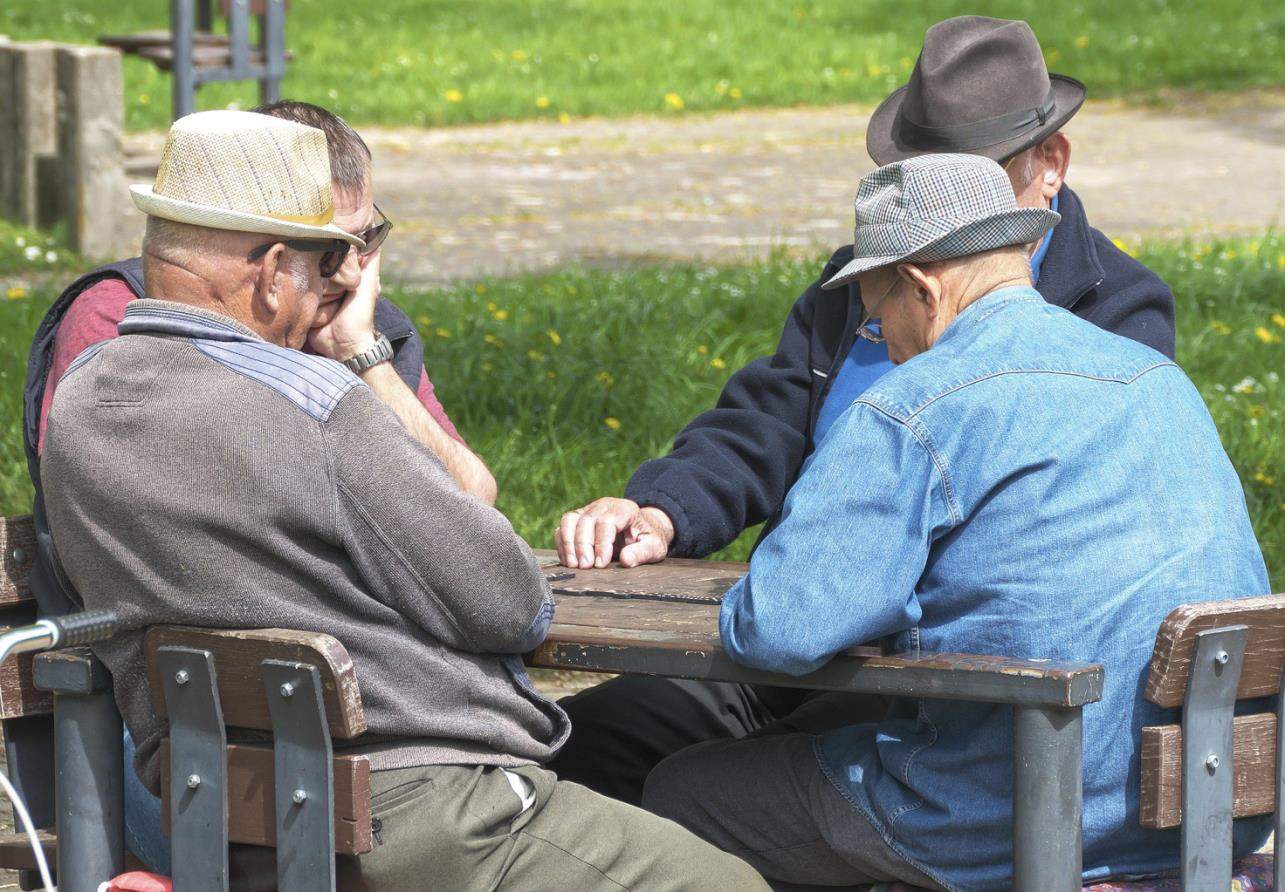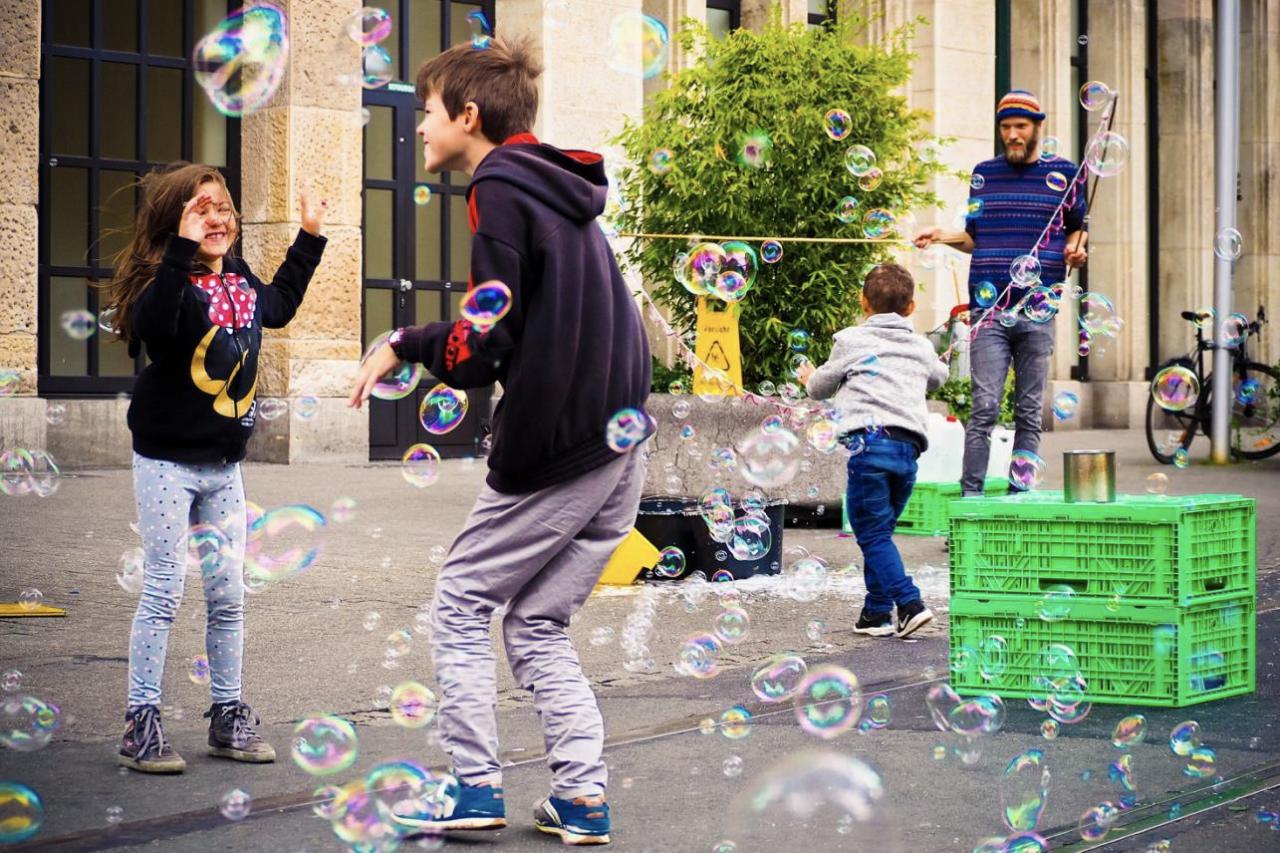The play has always played an important role in the history of human beings. Many thinkers, philosophers and scholars have reflected on the subject, trying to define its peculiarities. Starting from Aristotle, who considered the play an activity and an experience that was not finalized and productive but useful for the development of the personality and for the training of the cognitive sphere, we arrive at nineteenth-century thinkers such as Fröbel, who is at the beginning of pedagogy and early theories on early childhood education. Friedrich Schiller, a German philosopher, poems writers and academic, states that a “che play has no other purpose than the play, and is therefore, the only activity which is chosen by individuals since for itself, and not in view of a useful or an external purpose. This perspective of interpretation of the play does not consider, of course, gambles nor the so-called serious games: games designed for a primary purpose other than pure entertainment that allow players to carry out activities that enable them to practice skills and achieve aspects beyond simply enjoying a leisure activity or involve players to simulate and co design solutions using role-play models.
The importance of the play for the play brings us back to childhood and frees us from specific constraints or objectives. In pure playful activities, in fact, the sensitive component is not subordinated to a rational purpose, nor is the intellectual moment sacrificed to the sensitive impulse: indeed, in them sensitivity and intellect, matter and form, exteriority and interiority, the two aspects being inseparable of a single activity, they are always an expression of beauty. In the Schillerian perspective, therefore, the game retains a fundamental importance also for the adult, to whom it offers the possibility of experiencing himself in a totally free way from external conditioning (social in particular) and to enter a dimension of pure creativity. In this philosophical vision in which Man/Women is fully such only when he/she plays on the one hand the role of play in feeling free is valued, it does not exclude the fact that play for play is able to develop soft skills, from the relational ones, problem solving, up to motor skills etc.
The different theories agree in reflecting play a vital activity for the child, as a fundamental tool for his/her psychological, motor and cognitive development, at the basis of the first perception of himself/herself and the construction of his/her own personal identity. Among the recognized rights of girls and boys, the right to play and free time is certainly one of the most qualifying. Because it closely affects one of the aspects that most characterize the well-being of the minor, as a person with their own needs and needs, independent from those of adults. It's not just about being able to live in a healthy environment. It refers to the right to carry out one of the most important activities for growth and development in full freedom and according to one's preferences: play. (ref.: Convention on the rights of the child).
Play, which represents an extraordinary value for personal development during childhood, is also of vital importance for adults. In this prospect public places, playgrounds, green areas, as well as outdoor sports areas, recreational play areas used as sports fields and other similar facilities to play, represent vibrant spaces for the health of the community and the quality of life, and a mean to counter educational poverty. In cities, green areas and playgrounds have a series of strategic functions, which leads them to be considered real "green infrastructures" and vibrant facilities for collective well-being. Facing educational poverty requires an integrated approach that bridges the gap between school, civic society, education community and cities.
Cities play a pivotal role in providing citizens of all ages with places and opportunities to play, exploiting both cultural and natural ecosystem services. The design of urban spaces is an essential variable for the quality of life of residents. This is true for adults, but even more so for minors. Growing up in a run-down neighborhood, with few or no meeting places, no green spaces, or playgrounds can expose you to a number of risks and have negative effects in terms of educational opportunities. Cities developing the Playful Paradigm approach are rich in livable spaces and well designed with inclusive approaches and attentive to gender differences. A Playful city represents an added value on an educational and cultural level.
As we learned during the playful paradigm experience, a square or a public place that is valued, hospitable, convivial, safe, inclusive offers opportunities for socializing, playing, and getting to know each other. Well-kept green spaces, preserved cultural places, clean and safe streets can help educate people to respect the environment and public goods in general, as well as can become community hub for all, kids, adults and seniors.
Right to play and access free recreational activities: this is the watchword that has guided the partners of the Playful Paradigm network in the various experiments of placemaking, play bus, playground and play libraries and creative initiatives base don play in public spaces, form squares streets to vegetable garden and parks.
Lots have been experimented, much more can be done! It is time “to replay the city” and give new senses to public spaces integrating nature-based solutions with the playful paradigm. It is time to rethink cities, with less traffic and fewer indoor shopping centers, with more playgrounds and youth and community hubs, spaces for recreational activities, for fun, sports and socializing for adults and children. A city in which no one and no one is left behind: a child-friendly city is a playful city for everyone.
It is time to re-play the cities.
References
https://www.unicef.org/child-rights-convention
https://arjelle.altervista.org/Tesine/GiuliaG/gioco3.htm
https://www.coe.int/t/dg4/education/pestalozzi/Source/Documentation/TU/TU_SPORT_Yiallourides_EN.pdf
https://www.researchgate.net/publication/276087464_Making_play_work_for_education
https://site.unibo.it/griseldaonline/it/didattica/marcella-di-franco-arte-gioco-valore-educativo
https://www.brookings.edu/blog/education-plus-development/2022/02/03/creating-playful-learning-spaces-in-cities-the-important-role-of-stakeholder-buy-in/
Paulla Dewi* “How Does The Playground Role in Realizing Children-Friendly-City? Santy”
https://www.eea.europa.eu/publications/who-benefits-from-nature-in
https://www.unicef.org/armenia/en/stories/necessity-urban-green-space-childrens-optimal-development
https://www.euro.who.int/__data/assets/pdf_file/0010/342289/Urban-Green-Spaces_EN_WHO_web3.pdf




